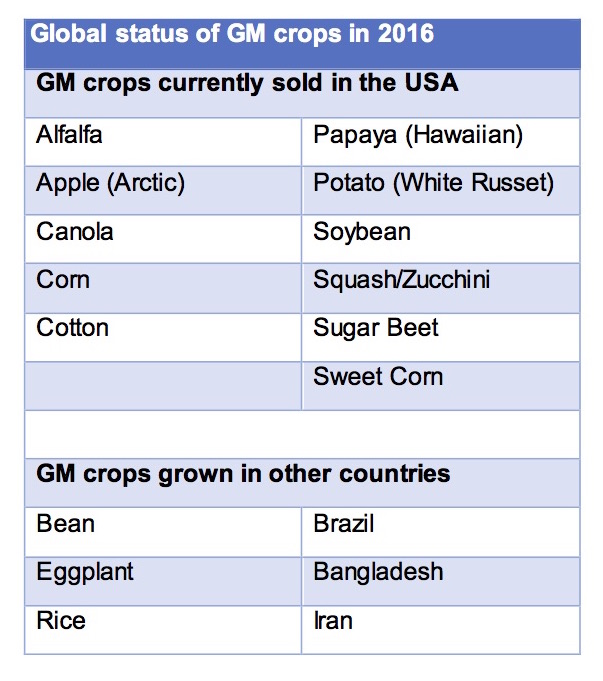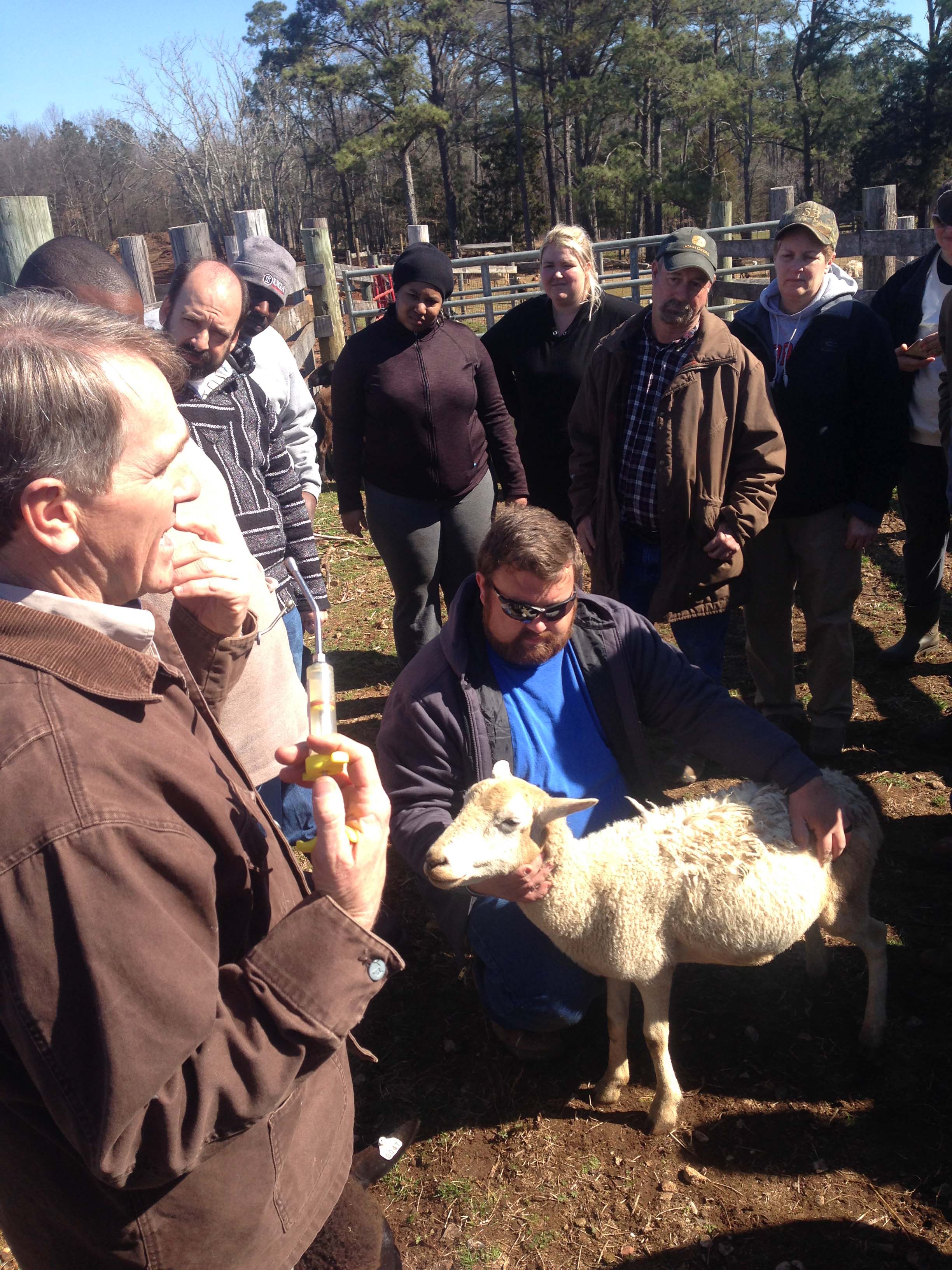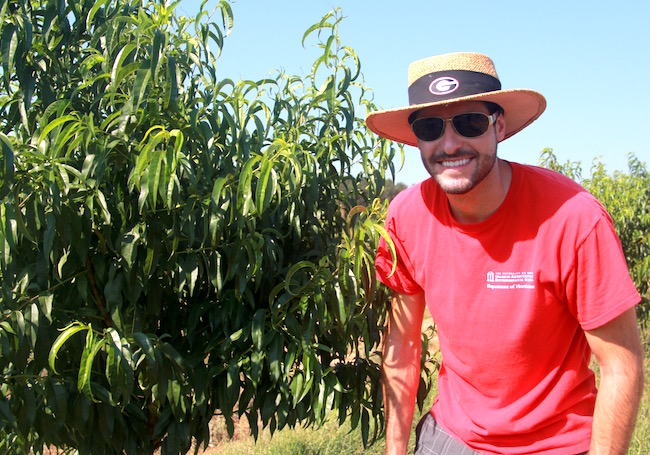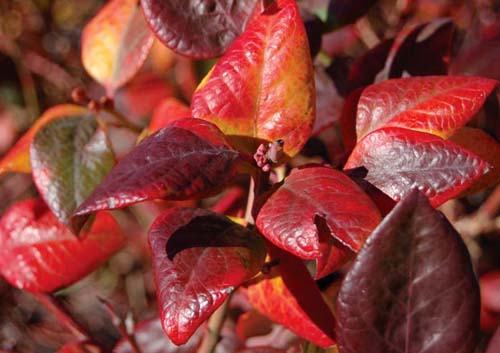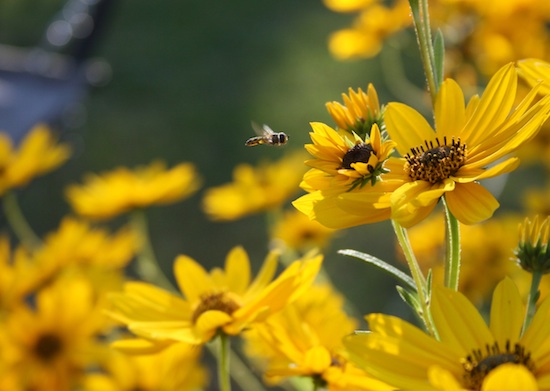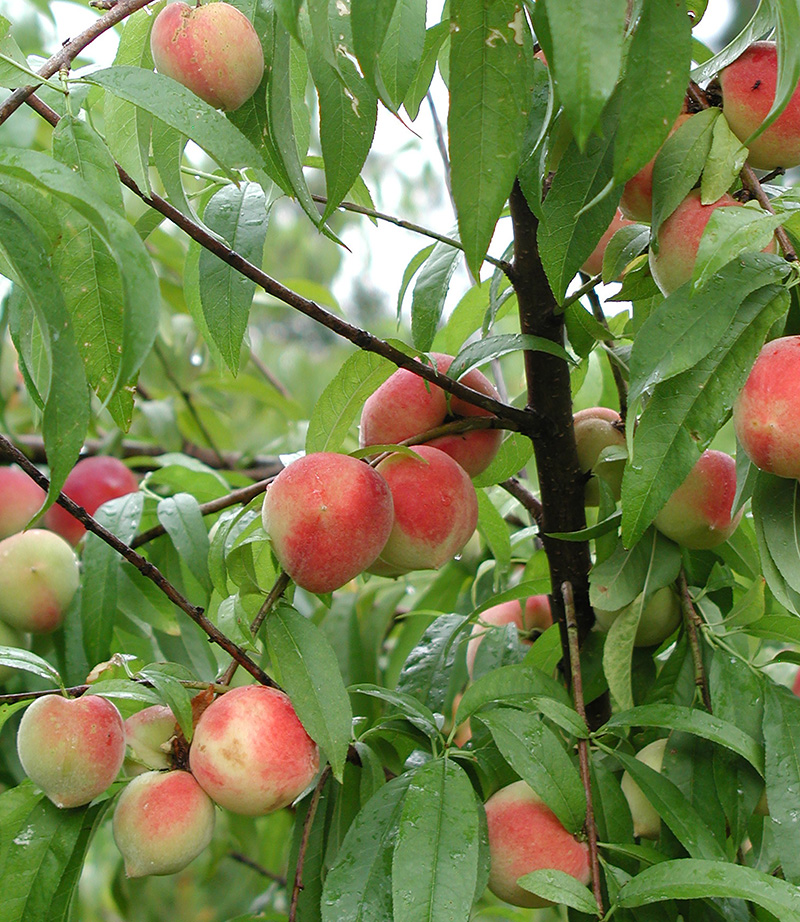 CAES News
CAES News
Peach Crop
Georgia is due for another blast of arctic air this week and, while Georgians themselves might be groaning about the cold weather, it’s beneficial for the state’s peach crop. These chilly days provide the cold temperatures that Georgia’s fruit crops need for healthy production this summer.

